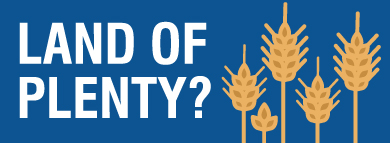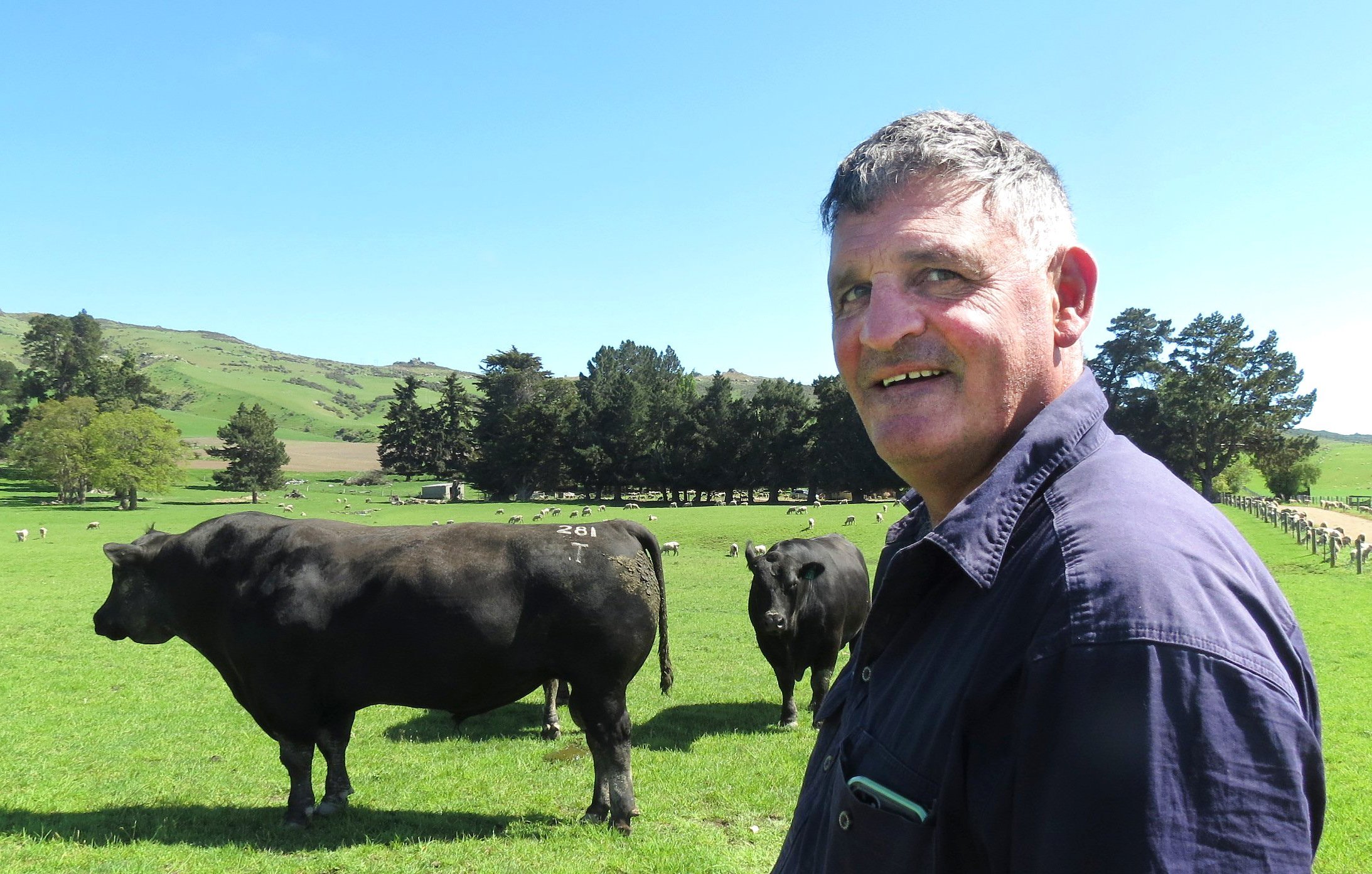
Penvose Farms director Graeme Duncan has worked the land for ‘‘60-odd’’ years, his son Stu for about 20. Stu and Lorraine Duncan’s children will be fifth-generation farmers.
They had seen many technological changes in that time, and many more driven by paperwork.
Stu Duncan said farming had become a lot more regulatory. The straight-talking farmer also sits on Central Otago District Council so was accustomed to reams of paperwork, but said it was challenging for all farmers.
As a result, administration had essentially become a full-time job, although it was shared by Graeme, his wife Alison, Stu and Lorraine.
‘‘That’s before you do the harder stuff — having to do your land and environment plans, your freshwater plans, your measuring and regulatory stuff.’’
‘‘It’s just about a specialist job now.’’
The farm ran beef and dairy cattle, sheep for meat and wool, and deer.
Budgeting and assessing profit had always been hard because supply and demand controlled prices, but farmers were increasingly buffeted by global winds.
‘‘Since Russia has invaded [Ukraine], energy prices … have gone up hundreds of percent. That affects the household, that affects the processor and the producer.
‘‘We are further from the markets so we are more vulnerable.’’
Graeme and Stu Duncan said they, like most farmers, accepted climate change was real, but felt the proposed emissions tax needed to be backed by clear science.
Graeme Duncan said farmers had always been custodians of the land — ‘‘they’ve never tried to wreck it’’.
‘‘And now, we’re getting all these regulations thrown at us.
‘‘We don’t need regulations thrown at us week after week after week, and they seem unsure what the final outcome is going to be anyway.’’
Meat Industry Association chairman Nathan Guy said any changes from the proposed emissions tax would not be felt for three years so it was difficult to gauge the effects on pricing.
However, they would need to be passed on, he said.
‘‘Consumers are bearing the brunt.’’





